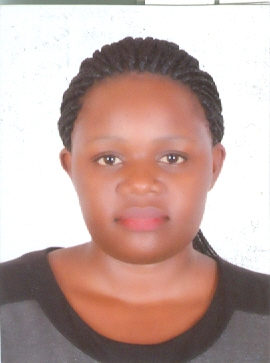
I am responsible for providing high-quality research support and information services to library patrons, including students, faculty, and other researchers. This role involves assisting with advanced research inquiries, managing and developing the library's research resources, and promoting information literacy through instructional sessions and consultations. I also assist in managing the institutional repository, including the submission, organisation, and preservation of digital content.
Open access refers to the unrestricted online availability of scholarly articles, allowing anyone to read and use them without subscription barriers. It promotes the unrestricted dissemination of knowledge to enhance accessibility, equity, and impact. The main types of open access include:
Gold Open Access: Articles are freely available immediately upon publication, often funded by Article Processing Charges (APCs) paid by authors or institutions.
- Green Open Access: Authors self-archive a version of their manuscript in an institutional repository, sometimes after an embargo period.
- Platinum/Diamond Open Access: Journals offer free access without APCs, funded by institutions or grants.
- Bronze Open Access: Articles are free to read on the publisher’s website but without an explicit open access license.
- Hybrid Open Access: Subscription-based journals that allow authors to make individual articles open access by paying an APC.
Open access is a very important movement in the academic world, driving greater accessibility, equity, and impact in scholarly communication. Its continued growth and evolution are shaping the future of how knowledge is shared and utilised worldwide.
I Have little or no knowledge on both open science and open scholarship.
- I look forward to understanding of Core Concepts: Datacite, Open Science and open scholarship in detail and how relevant they are in the field of LIS.
- To learn basic technical skills might be required, such as familiarity with research data management practices, basic data handling, and generally the use of online platforms or repositories.
- To collaborate with other participants, share experiences, and network with peers and experts in the field.
